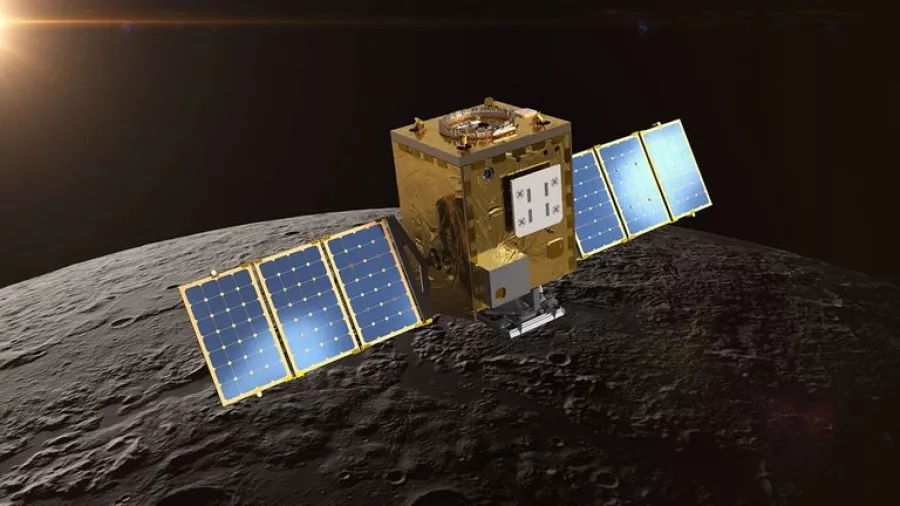A huddle of seven worlds, all close in size to Earth, and perhaps warm enough for water and the life it can sustain, has been spotted around a small, faint star in the constellation of Aquarius.
The discovery, which has thrilled astronomers, has raised hopes that the hunt for alien life beyond the solar system can start much sooner than previously thought, with the next generation of telescopes that are due to switch on in the next decade.
It is the first time that so many Earth-sized planets have been found in orbit around the same star, an unexpected haul that suggests the Milky Way may be teeming with worlds that, in size and firmness underfoot at least, resemble our own rocky home.
The planets closely circle a dwarf star named Trappist-1, which at 39 light years away makes the system a prime candidate to search for signs of life. Only marginally larger than Jupiter, the star shines with a feeble light about 2,000 times fainter than our sun.


 In the middle of the 7th century, a plague swept through the walled city of Jerash,...
In the middle of the 7th century, a plague swept through the walled city of Jerash,... A newly discovered species of large dinosaur lived in marshy areas, hunted for fish and had...
A newly discovered species of large dinosaur lived in marshy areas, hunted for fish and had... On February 26, 2025, a NASA probe called Lunar Trailblazer lifted off from Kennedy Space Center...
On February 26, 2025, a NASA probe called Lunar Trailblazer lifted off from Kennedy Space Center... She navigated segregation to become an esteemed mathematician — and today, her work helps billions of...
She navigated segregation to become an esteemed mathematician — and today, her work helps billions of...






























